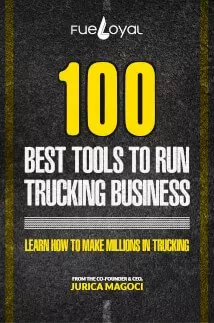Are you satisfied with how things are running in your trucking office? Do you think your trucking office needs improvement?
There might be some tricks you have missed.
Running a trucking business is complex. Notably, working in a trucking office is sometimes stressful.
Having said this, you need plenty of skills. More importantly, you need great organizational and management skills.
On the subject of this, it takes a great strategy in order to run a smooth business in the trucking industry. To emphasize, everything needs strategy after all, even in life.
However, everything is achievable. Furthermore, running your trucking office is a mission possible but you need a strategy.
To be honest, you do not need an expert degree or experience in order to run your office in the perfect amount of order.
Continually, if you want to achieve running your trucking office more smoothly, I advise you to do the following:
1. Perfectly Arrange Paperwork, Files, and Supplies
Organizing the paperwork is always important, especially if you work in an office. Being organized is a crucial part.







